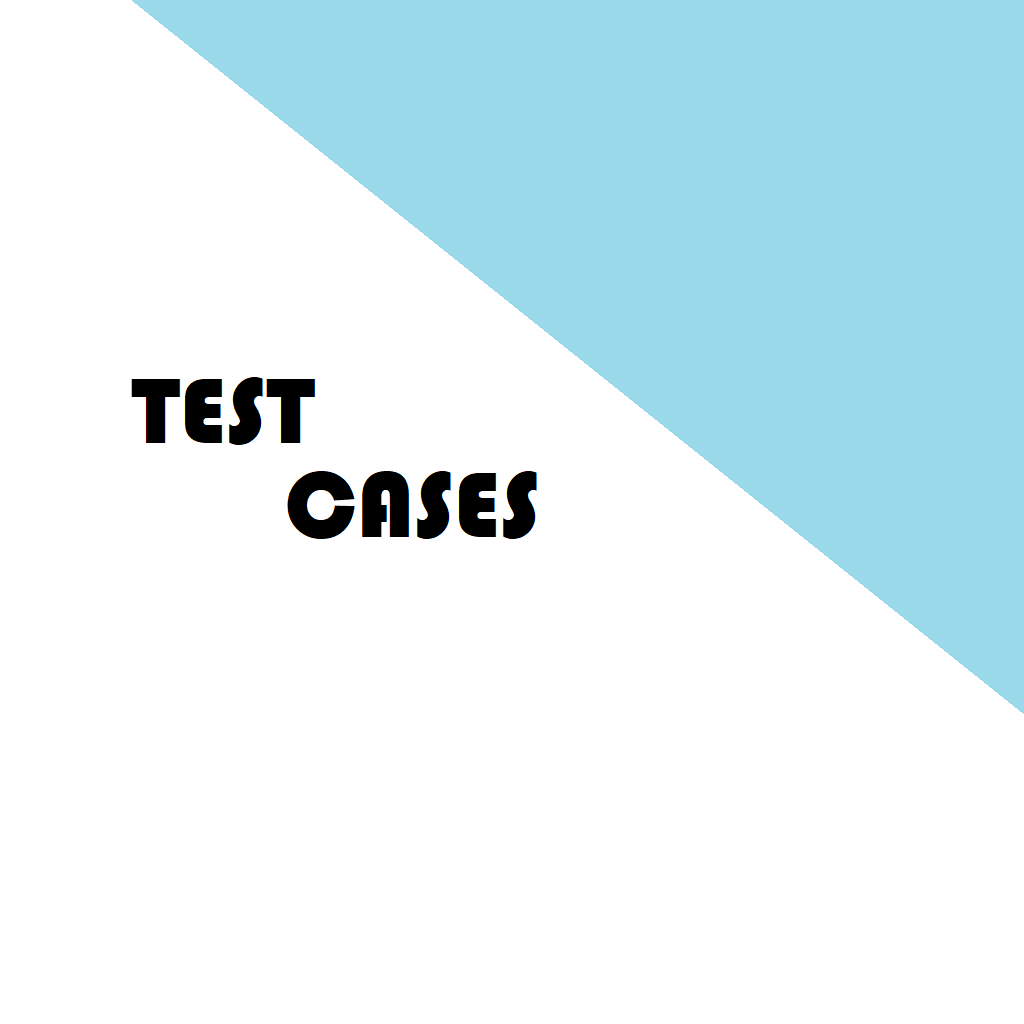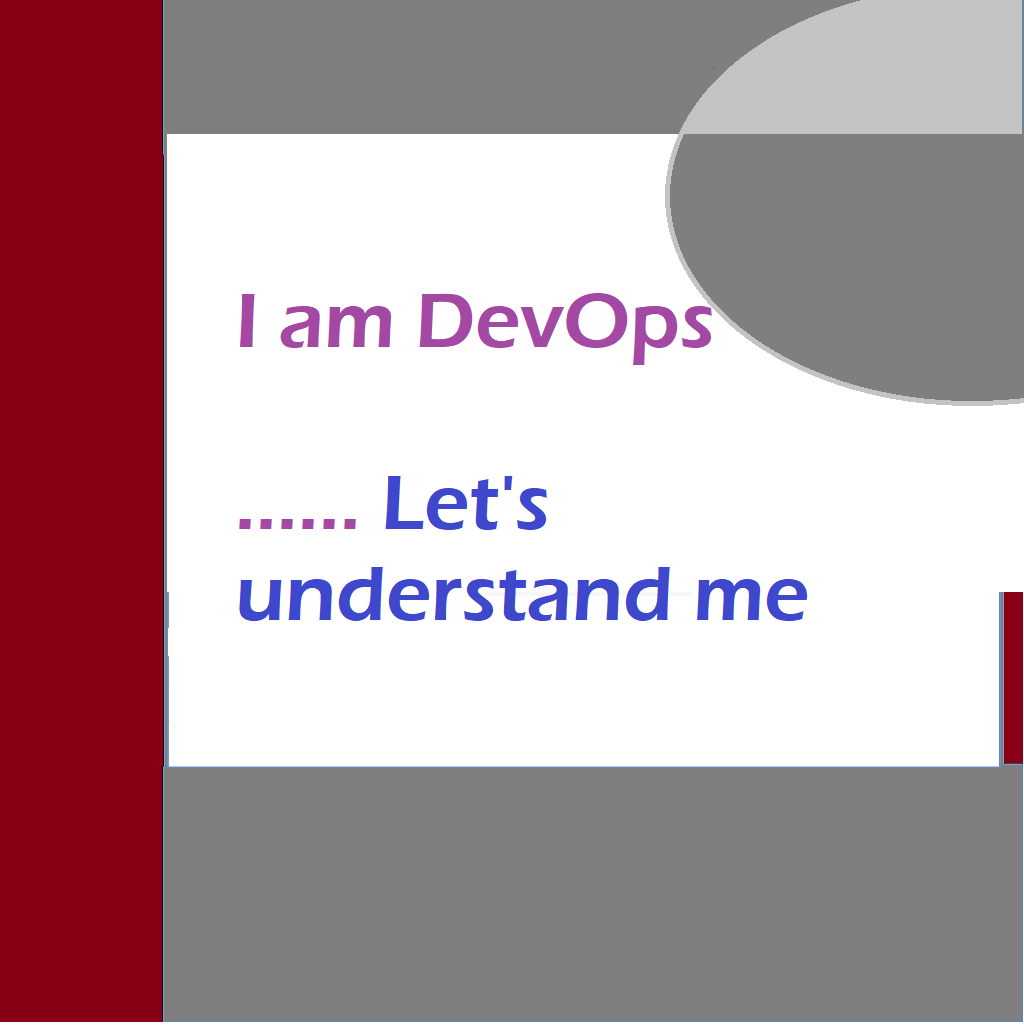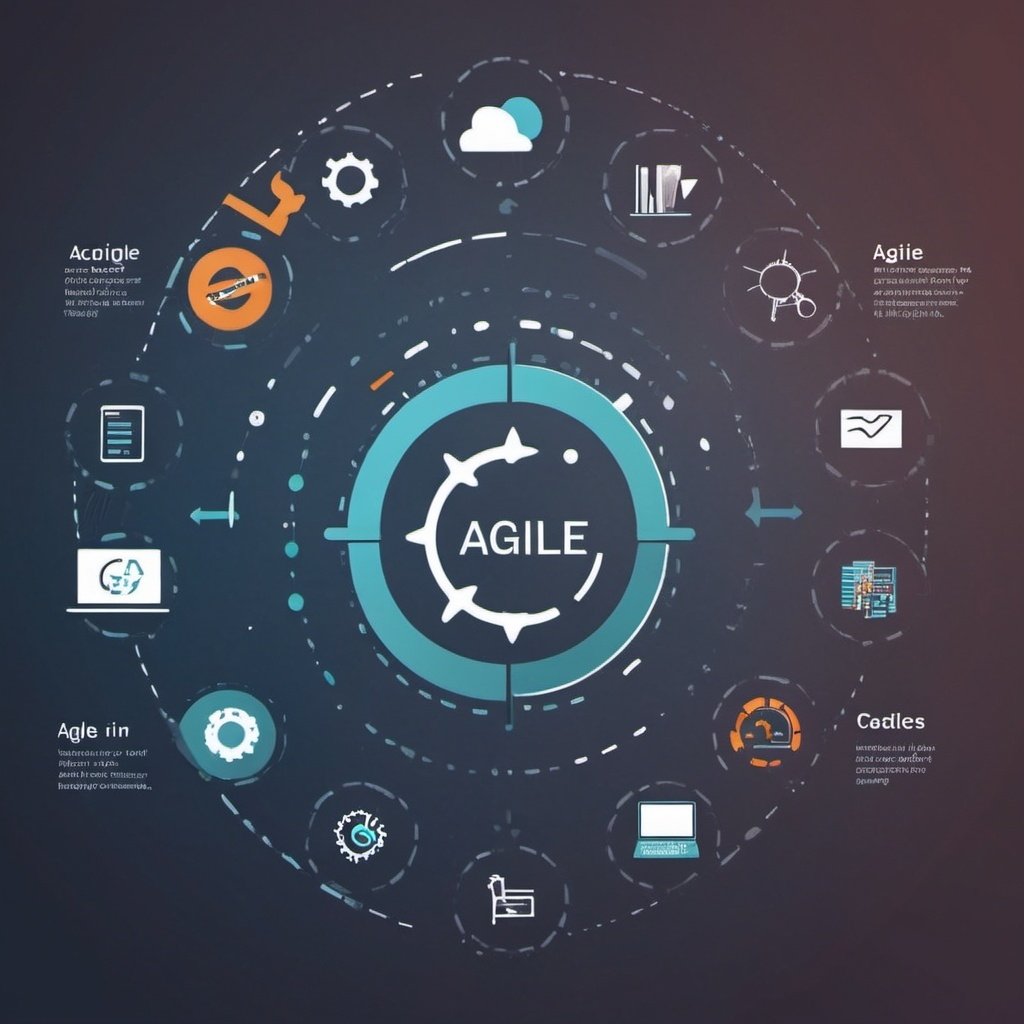Includes Practical Examples from a Realistic Project
Critical thinking is essential for a wide range of professionals who need to make informed decisions, solve complex problems, and navigate uncertain situations. Here are some professions where critical thinking is particularly important. Today’s fast-paced and ever-evolving world, the ability to think critically is more crucial than ever. Critical thinking enables us to make better decisions, solve problems effectively, and navigate complex situations with a clear and rational mindset. But what exactly is critical thinking, and how can we develop this invaluable skill? This article aims to demystify critical thinking, explain its importance, and provide practical examples to help you apply critical thinking in real-world scenarios, particularly within the context of a sample project. By the end of this article, you’ll have a comprehensive understanding of critical thinking and actionable strategies to enhance your ability to think critically.
Mostly, below are a few professions where critical thinking is imperative.
Healthcare Professionals
- Doctors: Diagnose and treat patients by evaluating symptoms, medical histories, and test results. They must make critical decisions about treatment plans and patient care.
- Nurses: Assess patient conditions, administer treatments, and monitor progress. They often need to make quick, informed decisions in emergency situations.
- Pharmacists: Analyze prescriptions, advise on medication usage, and ensure patient safety by checking for potential drug interactions.
2. Lawyers and Legal Professionals
- Attorneys: Analyze legal issues, construct arguments, and interpret laws and regulations. They must evaluate evidence, anticipate counterarguments, and make strategic decisions.
- Judges: Assess legal cases, interpret laws, and make rulings based on evidence and legal precedents.
3. Educators
- Teachers: Develop lesson plans, assess student understanding, and adapt teaching methods to meet diverse learning needs. They need to evaluate information critically and present it in an accessible way.
- Professors: Conduct research, analyze findings, and teach complex subjects. They also guide students in developing their critical thinking skills.

4. Scientists and Researchers
- Researchers: Design experiments, analyze data, and draw conclusions. They must critically evaluate existing literature, identify gaps, and contribute new knowledge to their field.
- Engineers: Solve technical problems, design systems, and ensure safety and efficiency. They need to evaluate constraints, anticipate potential issues, and develop innovative solutions.
5. Business and Management Professionals
- Managers: Make strategic decisions, solve organizational problems, and allocate resources effectively. They need to analyze data, evaluate options, and lead teams.
- Business Analysts: Assess business processes, identify improvement opportunities, and recommend solutions. They must evaluate data and consider the impact of changes on the organization.
6. Financial Professionals
- Accountants: Analyze financial data, ensure compliance with regulations, and provide financial advice. They need to evaluate financial statements and identify discrepancies.
- Investment Analysts: Assess investment opportunities, analyze market trends, and make recommendations. They must evaluate risks and potential returns.
7. IT and Cybersecurity Professionals
- Software Developers: Design and build software applications, solve technical problems, and optimize code. They need to evaluate requirements, anticipate user needs, and ensure functionality.
- Cybersecurity Experts: Identify and mitigate security threats, develop protection strategies, and respond to incidents. They must analyze vulnerabilities and stay ahead of emerging threats.
8. Journalists and Media Professionals
- Journalists: Investigate stories, verify facts, and present balanced reports. They need to evaluate sources, identify biases, and ensure accuracy.
- Editors: Review and refine content, ensuring clarity and coherence. They must critically assess the quality of information and its presentation.
9. Policy Makers and Government Officials
- Policy Analysts: Evaluate policy options, analyze data, and recommend courses of action. They must consider the impact of policies on different stakeholders.
- Government Officials: Make decisions on public matters, implement policies, and manage public resources. They need to analyze complex issues and consider long-term consequences.
10. Creative Professionals
- Writers: Develop content, create narratives, and convey ideas effectively. They must critically assess their work and refine their writing.
- Designers: Solve design problems, create visually appealing solutions, and meet client needs. They need to evaluate aesthetics, functionality, and user experience.
Importance of Critical Thinking
Critical thinking is crucial for these professionals because it enables them to:
- Make Informed Decisions: Evaluate information and options to choose the best course of action.
- Solve Complex Problems: Break down problems, analyze components, and develop effective solutions.
- Communicate Effectively: Present ideas clearly and persuasively, backed by sound reasoning and evidence.
- Adapt to Change: Navigate uncertainty and adapt to new information or evolving circumstances.
- Enhance Innovation: Think creatively and develop innovative solutions to challenges.
Critical thinking is a foundational skill that supports professional competence and success across various fields, making it essential for individuals in these and many other professions.
What is Critical Thinking?
Critical thinking is the process of actively analyzing, interpreting, evaluating, and synthesizing information. It involves questioning assumptions, recognizing biases, and considering alternative perspectives. Critical thinkers use logic and reasoning to identify the strengths and weaknesses of various arguments, leading to well-informed and balanced conclusions.
Key Characteristics of Critical Thinkers
- Curiosity: They are inquisitive and eager to explore new ideas.
- Open-Mindedness: They are willing to consider different viewpoints and change their minds when presented with new evidence.
- Skepticism: They question the validity of information and seek evidence before accepting claims.
- Analytical Skills: They can break down complex information into smaller, manageable parts to understand it better.
- Self-Reflection: They are aware of their own biases and limitations.
The Importance of Critical Thinking
Critical thinking is essential for personal and professional growth. It allows individuals to make better decisions, solve problems efficiently, and communicate more effectively. In the workplace, critical thinkers are valuable assets because they can navigate challenges, propose innovative solutions, and contribute to the organization’s success.

How to Develop Critical Thinking Skills
- Ask Questions: Develop a habit of asking open-ended questions that promote deeper thinking. For example, instead of asking, “Is this solution effective?” ask, “What makes this solution effective, and how can it be improved?”
- Gather Information: Collect relevant data from multiple sources. Ensure the information is accurate and up-to-date. For instance, when working on a project, research thoroughly to understand the context and background.
- Analyze and Interpret: Break down the information into smaller parts and examine the relationships between them. Look for patterns, trends, and inconsistencies.
- Evaluate Evidence: Assess the credibility and reliability of the information. Consider the source, context, and potential biases. Ask yourself if the evidence supports the conclusions drawn.
- Consider Alternatives: Explore different perspectives and alternative solutions. Weigh the pros and cons of each option before making a decision.
- Reflect on Your Thinking: Take time to reflect on your thought process. Identify any biases or assumptions that may have influenced your conclusions.
- Practice Regularly: Like any skill, critical thinking improves with practice. Engage in activities that challenge your thinking, such as puzzles, debates, or reading thought-provoking books.
Practical Examples of Critical Thinking in a Realistic Project
Let’s consider a sample project: Developing a new marketing strategy for a mid-sized tech company.
Step 1: Define the Problem
The first step in critical thinking is to clearly define the problem. In this case, the company has noticed a decline in sales and wants to develop a new marketing strategy to boost revenue.
Step 2: Gather Information
Collect data on current market trends, customer preferences, and competitors’ strategies. For example, conduct surveys to understand customer needs and analyze market reports to identify emerging trends.
Step 3: Analyze the Data
Break down the data into smaller segments. Identify patterns such as which products are selling well, which demographics are most engaged, and what marketing channels are most effective.
Step 4: Evaluate Evidence
Assess the credibility of your sources. Are the survey results statistically significant? Are the market reports from reliable organizations? Cross-check information from multiple sources to ensure accuracy.
Step 5: Consider Alternatives
Brainstorm different marketing strategies. For instance, you could focus on social media marketing, influencer partnerships, or content marketing. Evaluate the pros and cons of each option.
Step 6: Make a Decision
Based on your analysis, select the most promising strategy. Suppose you choose to focus on social media marketing. Develop a detailed plan outlining your goals, target audience, budget, and key performance indicators (KPIs).
Step 7: Implement and Monitor
Execute your marketing strategy and continuously monitor its performance. Collect data on metrics such as engagement rates, website traffic, and sales conversions. Use this information to make necessary adjustments and improvements.
Applying Critical Thinking in Daily Life

Critical thinking isn’t limited to professional settings; it can be applied in everyday life as well. Here are a few examples:
- Making a Major Purchase
When buying a car, for example, gather information on different models, read reviews, compare prices, and consider your needs and budget. Evaluate the reliability of the information and make an informed decision.
- Health Decisions
When deciding on a treatment plan, research the options, consult with healthcare professionals, and consider the risks and benefits. Make a decision based on a thorough understanding of the information.
- Problem-Solving at Home
If you’re facing a household problem, such as a leaky faucet, identify the cause, gather information on how to fix it, evaluate the options (DIY vs. hiring a professional), and choose the best solution.
Common Barriers to Critical Thinking
Despite its importance, several barriers can hinder critical thinking:
- Confirmation Bias: The tendency to search for, interpret, and remember information that confirms one’s preexisting beliefs. To overcome this, actively seek out opposing viewpoints and consider them objectively.
- Emotional Influences: Strong emotions can cloud judgment and lead to biased decisions. Practice self-awareness and emotional regulation to think more clearly.
- Overreliance on Authority: Blindly accepting information from authority figures without questioning it can impede critical thinking. Evaluate the evidence and reasoning behind their claims.
- Lack of Knowledge: Limited knowledge on a subject can restrict one’s ability to think critically. Continuously educate yourself and seek out diverse sources of information.
- Groupthink: The pressure to conform to group opinions can stifle critical thinking. Encourage open dialogue and independent thinking within groups.
Tips for Fostering a Critical Thinking Environment
Creating an environment that promotes critical thinking can help individuals and teams develop this skill more effectively:
- Encourage Curiosity: Foster a culture of curiosity by encouraging questions and exploration of new ideas.
- Promote Open Dialogue: Create a safe space for open and respectful discussions where diverse viewpoints are valued.
- Provide Resources: Offer access to books, articles, courses, and other resources that enhance critical thinking skills.
- Model Critical Thinking: Lead by example. Demonstrate critical thinking in your own decision-making and problem-solving processes.
- Give Constructive Feedback: Provide feedback that helps individuals recognize their biases and improve their thinking skills.
Software to aid your critical thinking decision making process
There are several software tools available today that aid in critical thinking. These tools are designed to help individuals analyze information, organize their thoughts, and make better decisions. Here are some popular software tools that can enhance critical thinking:
1. Mind Mapping Tools
Mind mapping tools help users visually organize information, making it easier to see relationships and patterns. They are useful for brainstorming, problem-solving, and planning.
- MindMeister: A collaborative mind mapping tool that allows users to create, share, and edit mind maps online.
- XMind: A versatile mind mapping and brainstorming tool with a variety of templates and features.
- Coggle: An online tool for creating and sharing mind maps and flowcharts.
2. Argument Mapping Tools
Argument mapping tools help users visually structure arguments, making it easier to evaluate the strength and validity of different positions.
- Rationale: A software designed for argument mapping and critical thinking, which helps users construct and analyze arguments.
- Argunet: An open-source argument mapping tool that allows users to create, share, and evaluate complex arguments.
3. Data Analysis Tools
Data analysis tools assist users in collecting, analyzing, and interpreting data, which is crucial for evidence-based decision-making.
- Tableau: A powerful data visualization tool that helps users see and understand data through interactive and shareable dashboards.
- Microsoft Power BI: A business analytics tool that provides insights through data visualization and interactive reports.
- R: A programming language and software environment for statistical computing and graphics, widely used for data analysis.
4. Note-Taking and Organization Tools
These tools help users organize information, make connections between ideas, and keep track of their thoughts.
- Evernote: A note-taking app that allows users to capture, organize, and find information across various devices.
- OneNote: A digital notebook from Microsoft that helps users organize notes, images, and other content.
- Notion: An all-in-one workspace for note-taking, task management, and project planning, which helps users organize and integrate their information.
5. Critical Thinking Skill Development Tools
These tools are specifically designed to improve critical thinking skills through exercises, games, and tutorials.
- Lumosity: A brain training app with games and exercises aimed at improving cognitive functions, including critical thinking.
- BrainHQ: An online brain training program that offers exercises to improve various cognitive skills, including memory and attention, which are essential for critical thinking.
- ThinkerAnalytix: An educational platform that offers resources and tools for teaching and learning critical thinking and argument analysis.
6. Collaborative Tools
Collaboration tools facilitate group discussions and brainstorming sessions, encouraging diverse viewpoints and collective critical thinking.
- Miro: An online collaborative whiteboard platform that helps teams brainstorm, plan, and collaborate in real time.
- Slack: A communication platform that supports collaboration through channels, direct messaging, and integrations with other tools.
- Microsoft Teams: A collaboration and communication platform that integrates with Office 365 and supports team discussions, file sharing, and video conferencing.
7. Writing and Editing Tools
Writing and editing tools help users clarify their thoughts, organize their arguments, and communicate more effectively.
- Grammarly: An AI-powered writing assistant that helps users improve their writing by checking grammar, punctuation, and style.
- Scrivener: A writing software that helps users organize and structure their documents, making it easier to develop and present arguments.
These tools can significantly enhance critical thinking by providing the means to organize, analyze, and synthesize information more effectively. By incorporating these tools into your daily routine, you can develop and strengthen your critical thinking skills.
Conclusion
Critical thinking is a vital skill that empowers individuals to make informed decisions, solve problems effectively, and navigate complex situations with confidence. By understanding the principles of critical thinking and practicing them regularly, you can enhance your ability to think critically in both professional and personal contexts. Remember, critical thinking is a lifelong journey that requires continuous learning and reflection. Embrace the process, stay curious, and strive to think critically every day.
Curated for you





Please tell me more about this. May I ask you a question? http://www.hairstylesvip.com
F*ckin?remarkable things here. I抦 very glad to see your article. Thanks a lot and i am looking forward to contact you. Will you please drop me a e-mail?
Hey! Do you know if they make any plugins to protect against hackers? I’m kinda paranoid about losing everything I’ve worked hard on. Any recommendations?
Protection from Hackers is a big thing. We can only keep everything updated
I have read a few excellent stuff here. Certainly worth bookmarking for revisiting. I surprise how much effort you put to create any such wonderful informative site.